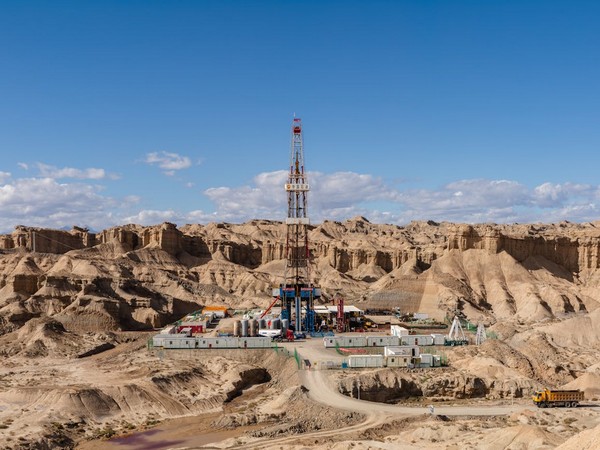Central Asia: The New Frontier for Critical Minerals
Central Asia, rich in natural resources, holds key minerals essential for transitioning to a low-carbon economy. India's proposed India-Central Asia Rare Earths Forum aims to bolster collaboration and secure supply chains. The region's geopolitical significance and sustainable resource management are crucial for economic growth and stability.

- Country:
- India
Central Asia's wealth of natural resources presents a golden opportunity for India, which seeks to secure critical minerals essential for its transition to a low-carbon economy. Kazakhstan, for instance, boasts vast quantities of coal, oil, gas, and strategic minerals like uranium and copper.
Turkmenistan, with the world's fourth-largest natural gas reserves, alongside significant deposits of petroleum and uranium, joins Uzbekistan in forming a mineral-rich landscape vital for India's energy ambitions. Both Tajikistan and Kyrgyzstan contribute with their abundant fresh water supplies and untapped mineral reserves, including considerable amounts of gold and lead.
During the Second India-Central Asia NSAs meeting, India proposed the creation of an India-Central Asia Rare Earths Forum, aimed at fostering collaboration in the rare earth and strategic mineral sectors. This initiative seeks to ensure mutual benefit, transparency, and a long-term vision, further enhancing energy security and reducing dependence on fossil fuels.
Critical minerals are pivotal for national security, economic growth, and industrial innovation. India's challenge remains the efficient transportation of these resources from Central Asia. The Turkmenistan-Afghanistan-Pakistan-India (TAPI) pipeline and importing yellowcake from Kazakhstan are steps towards addressing this.
Central Asia holds a significant portion of the world's essential minerals, making it a geopolitical hotspot. As global powers vie for resources, sustainable and responsible extraction becomes paramount to ensuring regional stability and prosperity.
(With inputs from agencies.)
ALSO READ
Real Estate Must Champion Sustainability, Says Bhupender Yadav at CREDAI Meet
Himachal Pradesh's Drive for Water Sustainability
India's Labour Codes: A Catalyst for Economic Growth and Efficient Logistics
India's Quest for Resource Independence: Unlocking Domestic Rare Earths
Revitalizing Indian Agriculture: AI and Sustainability Lead the Way










